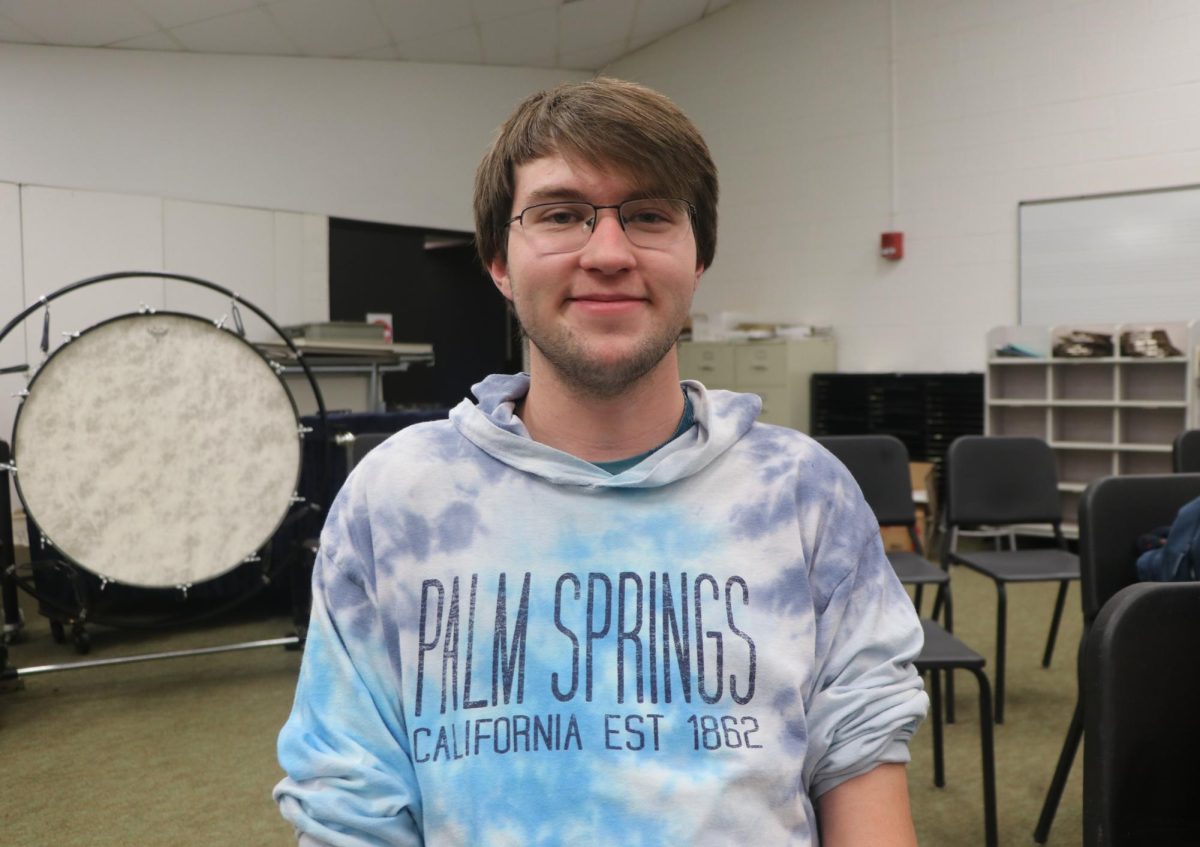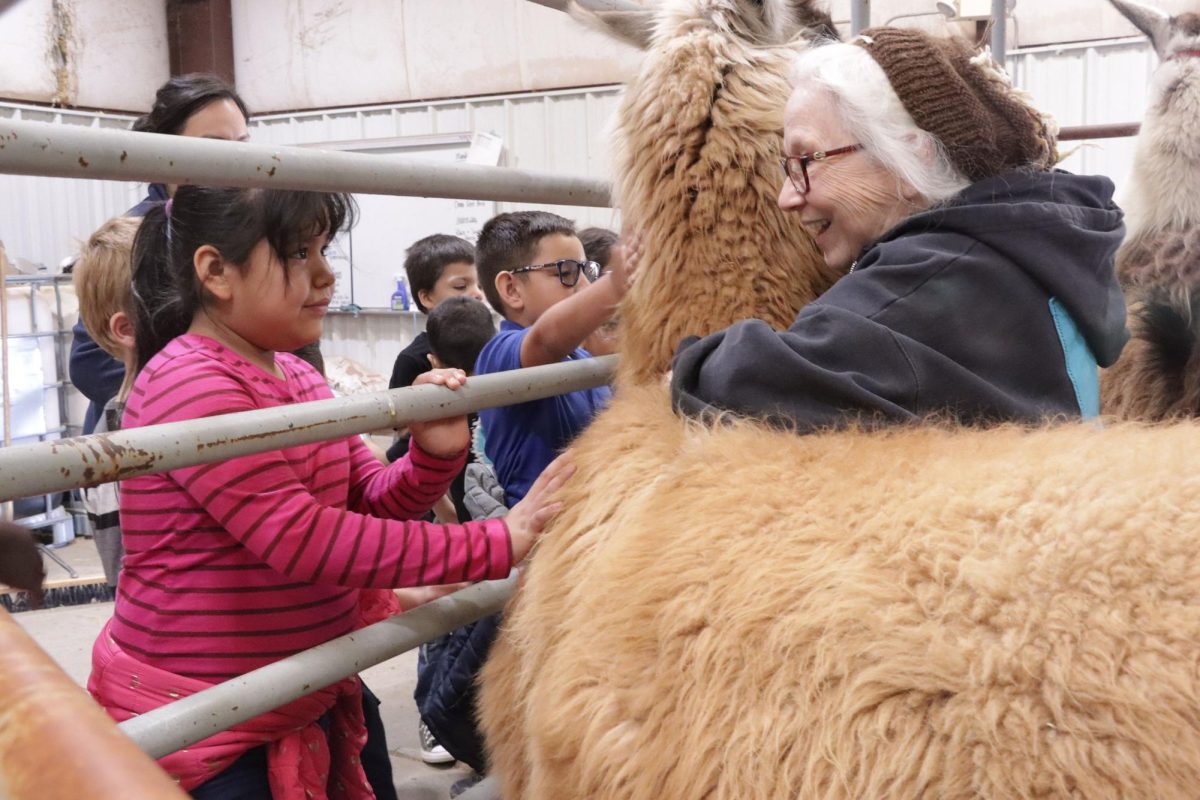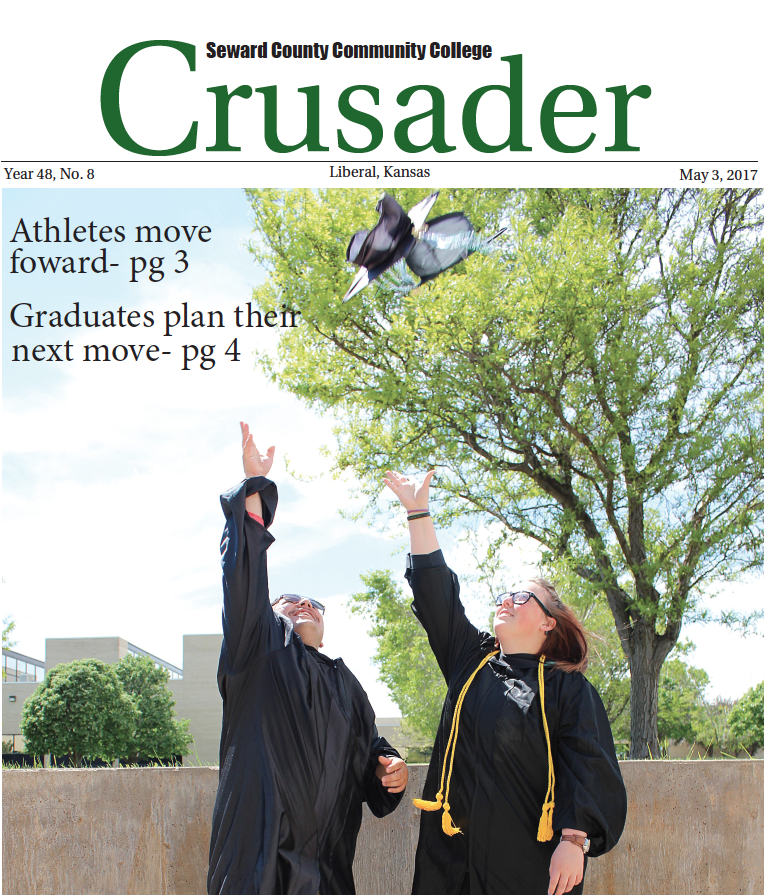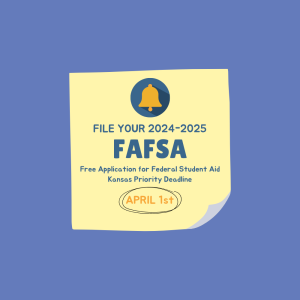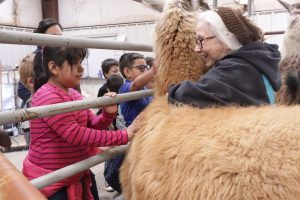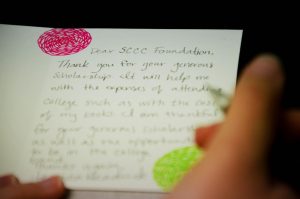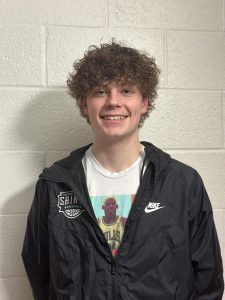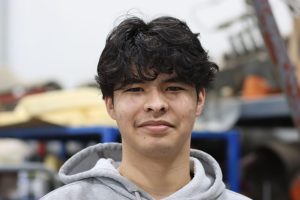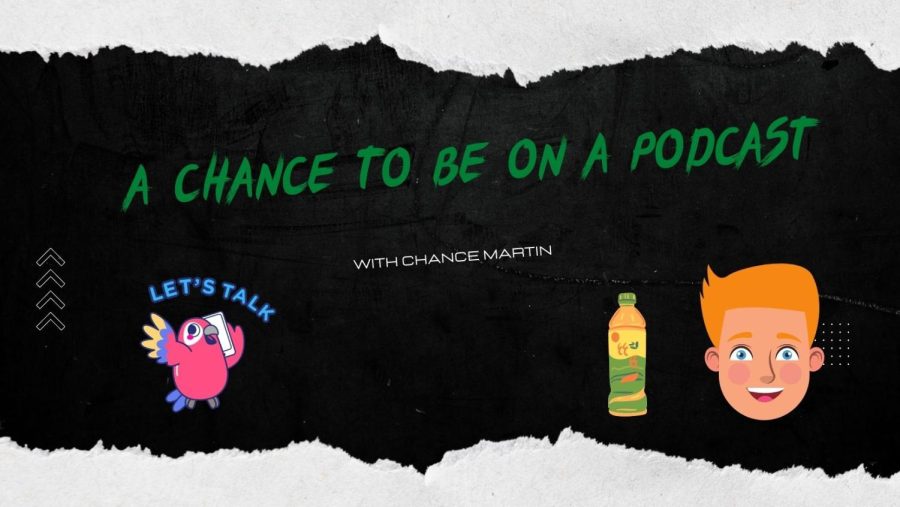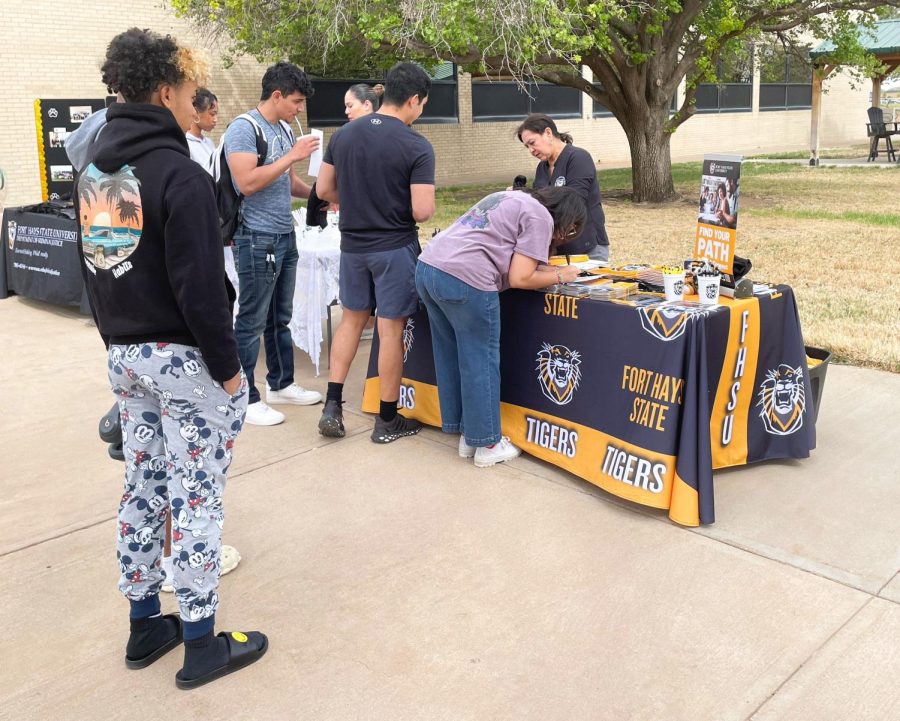In the next couple of weeks, David Coltrain, resources program specialist, will begin to plant vegetables on the four acres of ground that Seward County Community College has for the sustainable agriculture program.
Coltrain accepted his position in December. “I have a lot of experience in this, I grew vegetables like this for 20 some years.” According to the program specialist, Kansas only grows 4 percent of fruits and vegetables that residents eat. It wouldn’t surprise him if Kansas is one of the lowest producers of vegetables in the nation.
Coltrain received his master of science from Kansas State University, and his master’s thesis title is, “Why Don’t We Grow More Vegetables in Kansas?” In his mind, it’s a lack of knowledge on how to do it. It’s not the actual growing part, but the marketing aspect that is hard. “Before you plant the first seed, you need to know where you’re going to market,” Coltrain said.
Though the marketing may be an impediment to Kansas residents to grow vegetables in this region, there are students from SCCC/ATS who don’t agree with the new changes. Mitchell Shelton has taken all of the sustainable classes and is currently taking the integrated pest management class. He said, “I am not particularly fond of the idea, however. We are going to plant crops that don’t necessarily pertain to this region… I would like to see the acres used to grow crops pertaining to this area such as grain sorghum, corn, or wheat and experiment with them.”
Logan Hernandez, sophomore and ag student at SCCC/ATS, agrees with Shelton. “We’ve had a successful crop consultant that came and talked to one of our classes and said that vegetables aren’t successful around here, so I’m not really sure what to think or vision for any of it at this point,” he said. Because of the multiple ag instructors that the students have gone through, they don’t know what to expect. Hernandez states that there have been different ideas in the past, “and none of them have actually been followed through.”
Coltrain is not shifting, he is set on making this successful. As soon as the ground dries up, Coltrain will commence to plant vegetables such as peas, potatoes, and onions.
He estimates to have up to 5,000 pounds in one row of tomatoes and there will be 80 rows of other produce. Coltrain chooses special seeds that he orders, ones that he knows will do well and prefers. “We’re also gaining pretty quick on new equipment,” Coltrain said.
In two weeks, they will have most of the equipment that the agriculture program will need. “There was hardly anything here when I got here,” he said. Because of the STEM, (Science, Technology, Engineering, Mathematics) grant, Coltrain will not be able to sell the produce, so weekly educational sessions will be offered where anyone in the community will be able to “come out and learn something about growing and then getting to pick your own,” he said.
The slogan that National Farmers use, “either sell it or smell it,” and Coltrain states that since they won’t be able to sell it, they will just give it away. “Seriously, it’ll get smelly around here if we don’t get those tomatoes, watermelons and cabbage out of here,” Coltrain said.
On top of that, Coltrain, along with others will have to control the rabbits that will roam the area. There are plans on putting up an electric fence, and Coltrain hopes that it will suffice. It’s only for two more years that SCCC/ATS will be giving the vegetables away for free.
The SAP will be out from under the STEM grant and will be self-supporting, that is what Coltrain is planning on after the two years. Students will be able to help, during lab, with the planting.
The classes for students are regular college hours, there are eight specific classes that are in the sustainable agriculture program. Right now, the students are helping with the lettuce family in the greenhouses. Coltrain is the only instructor currently teaching the classes for students. “We will also have a technician to help do stuff, a full-time position,” Coltrain said.
The program also does things, like the summer academy, June 1-4, where high school students live on campus and dine in the cafeteria at SCCC/ATS for four days to learn basics of agriculture that will thrive in the future. That is to promote the program and for recruitment purposes.
Coltrain likes growing things, and he’s trying to get things done. He likes to see results when he plants things. “I’m going to try really hard to make this successful.”
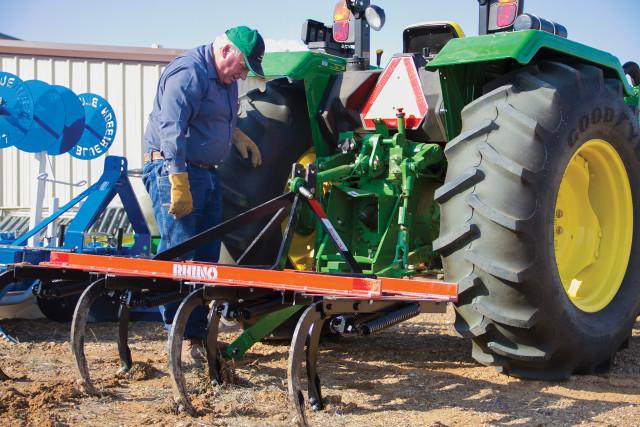
David Coltrain, Sustainable Agriculture Resources Program Specialist, works on Seward County’s tractor yesterday afternoon, attaching the chisel plow, in preparation to start plowing rows. Students and Coltrain will start planting cool season produce in the next couple of weeks.

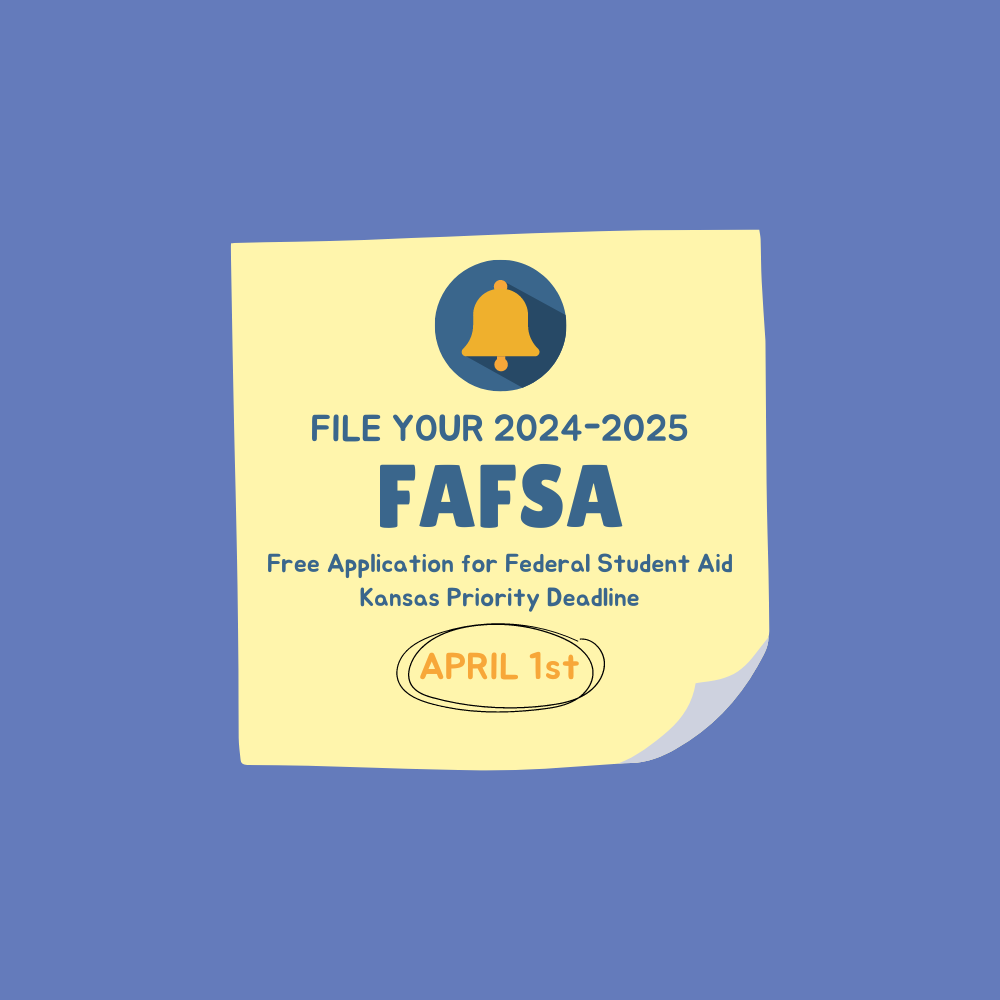
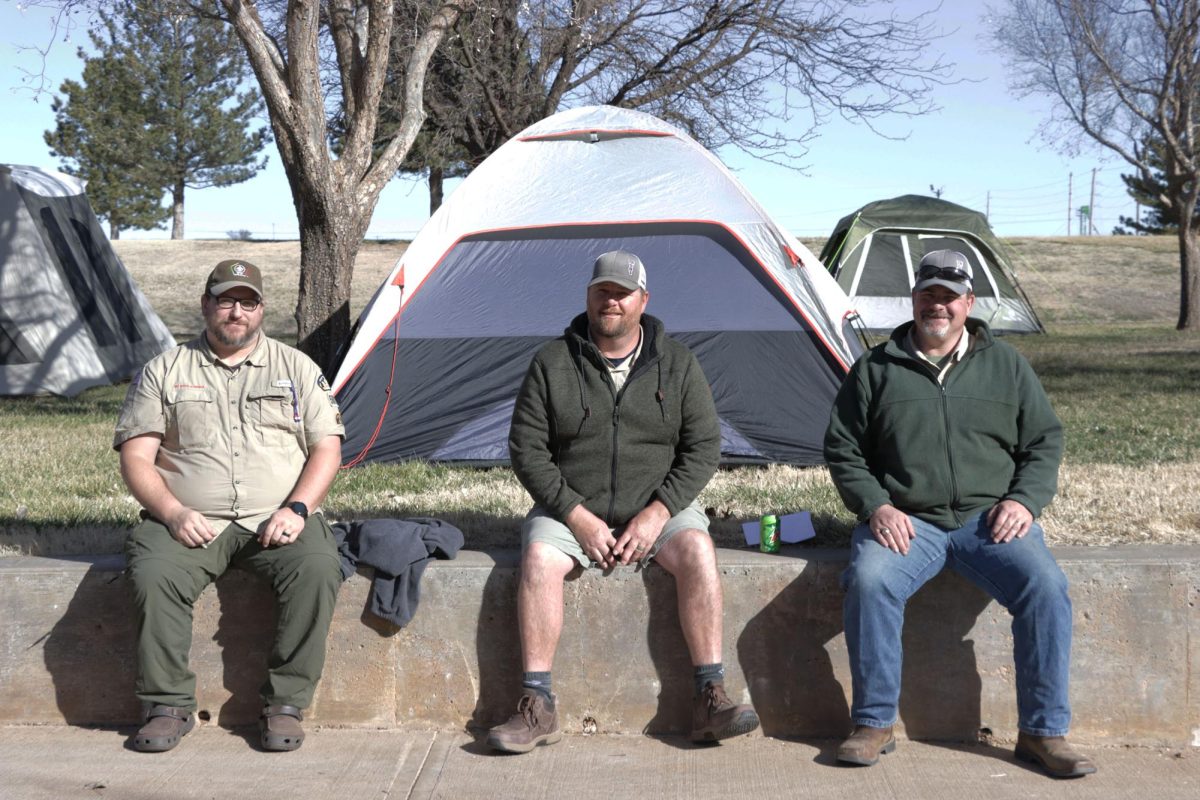
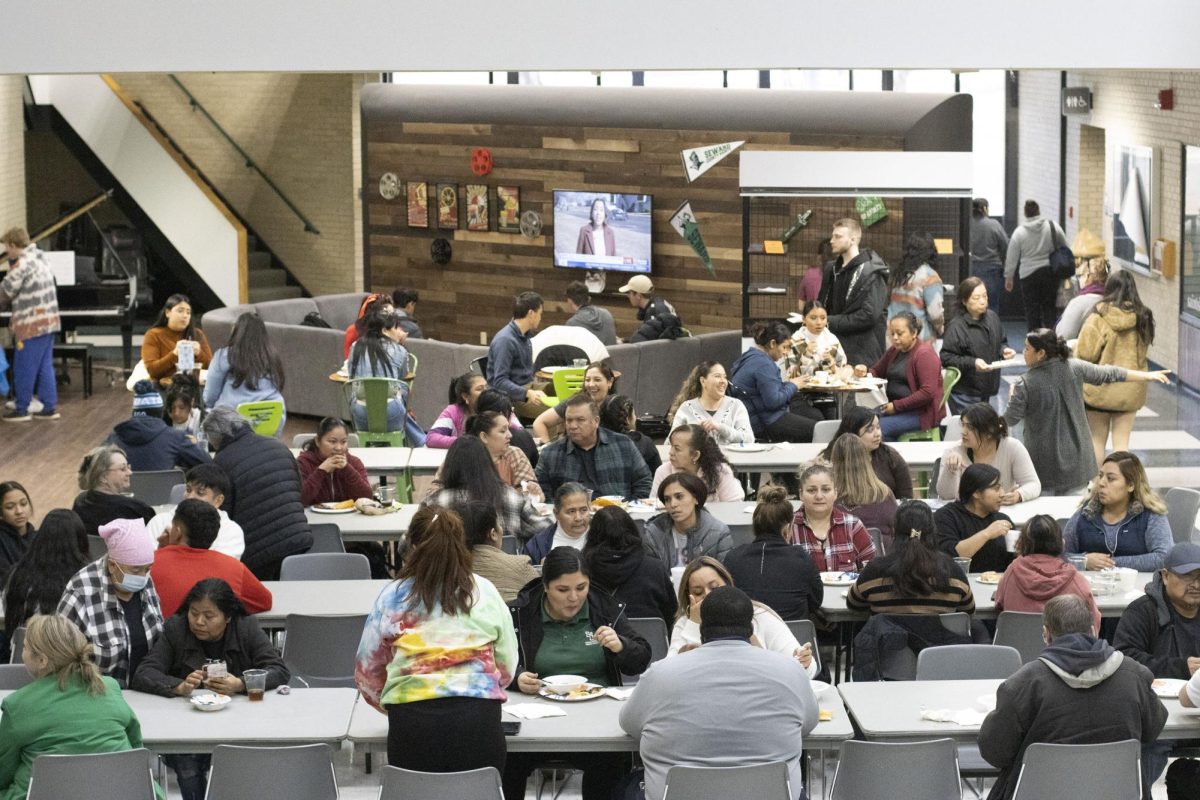










![The sophomores were recognized on the field instead of walking across the stage during their doubleheader. They received their diplomas and a picture of themselves playing during their career at Seward. [Pictured left to right are Dylan Day, Reed Thomas, Jase Schneider, Mason Martinez, Gannon Hardin, Brody Boisvert, and Zach Walker]](https://crusadernews.com/wp-content/uploads/2022/05/WEBDSC_0275-900x454.jpg)
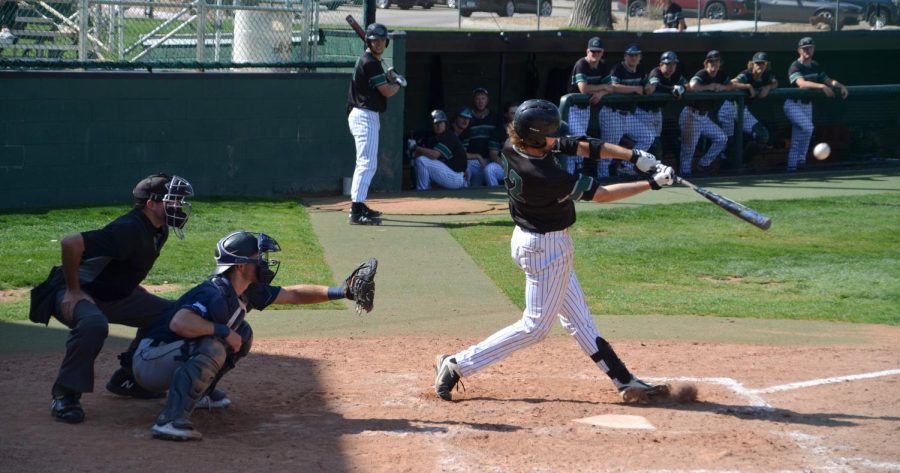













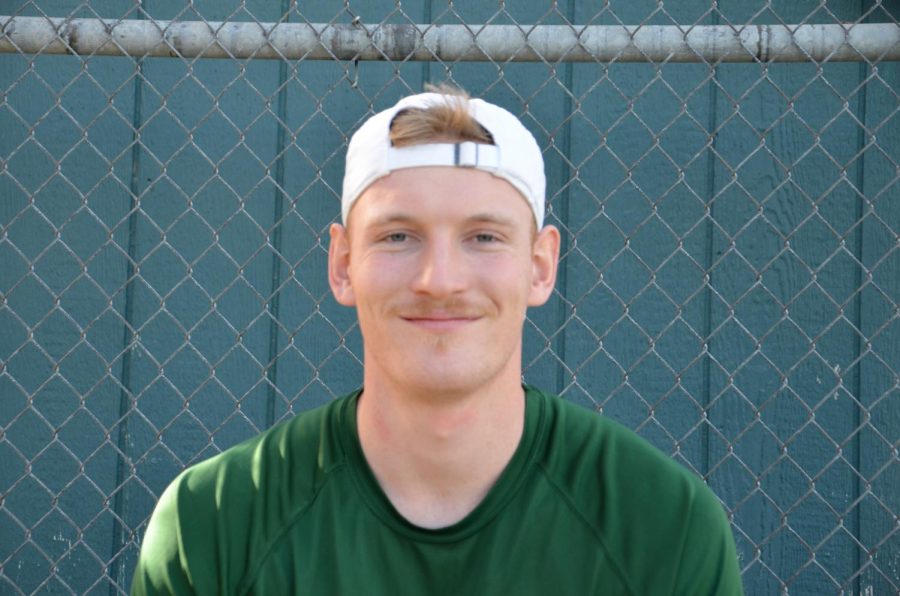



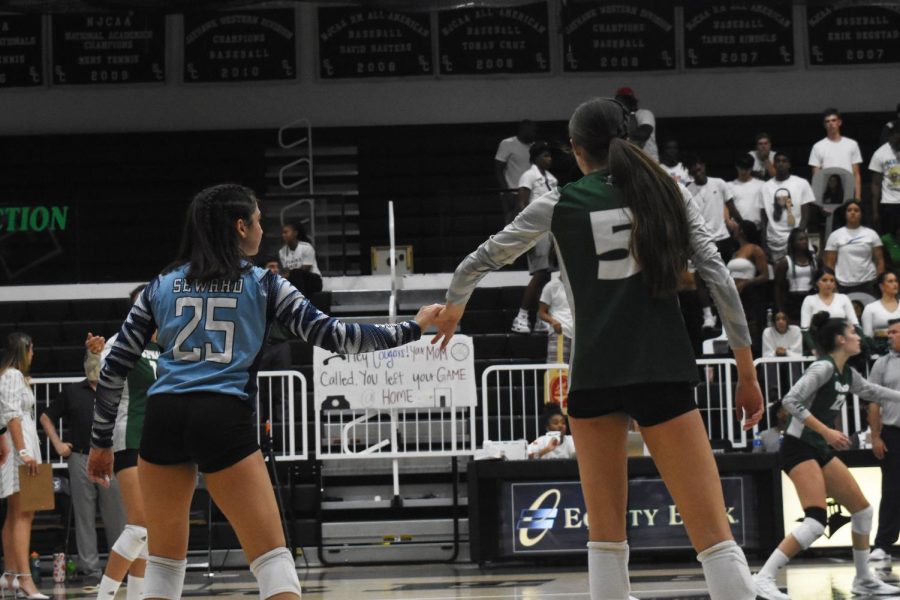
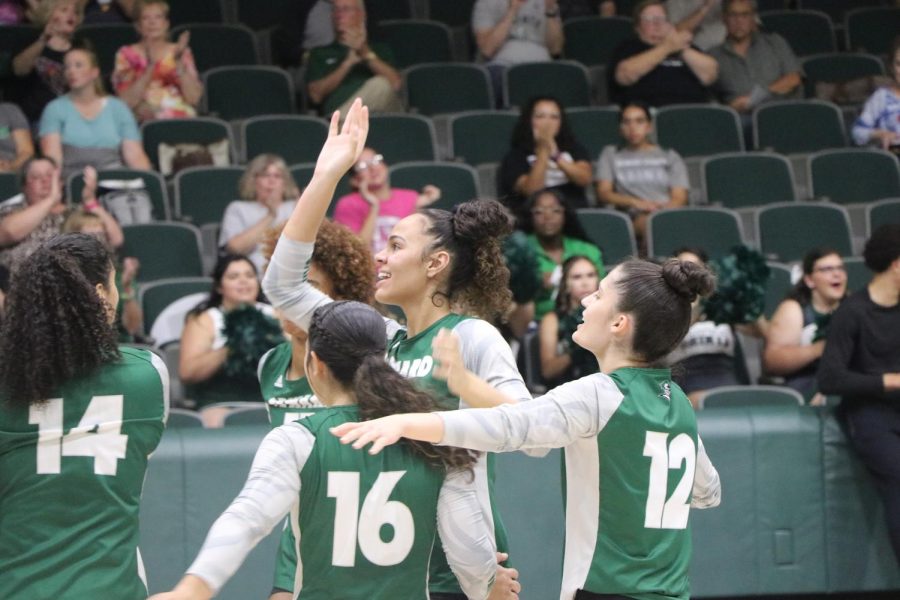



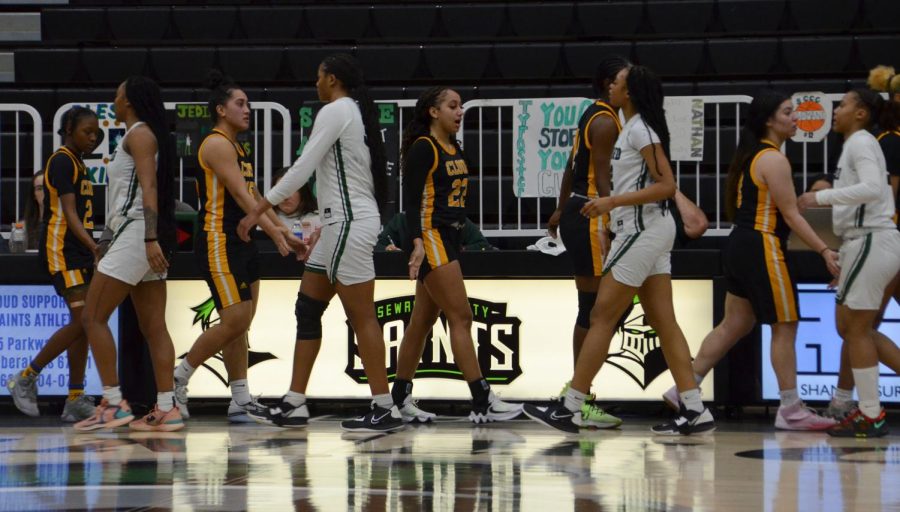
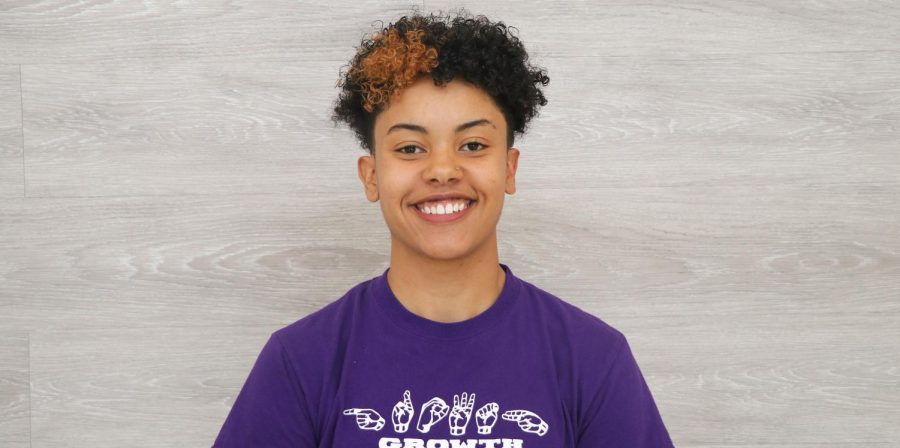
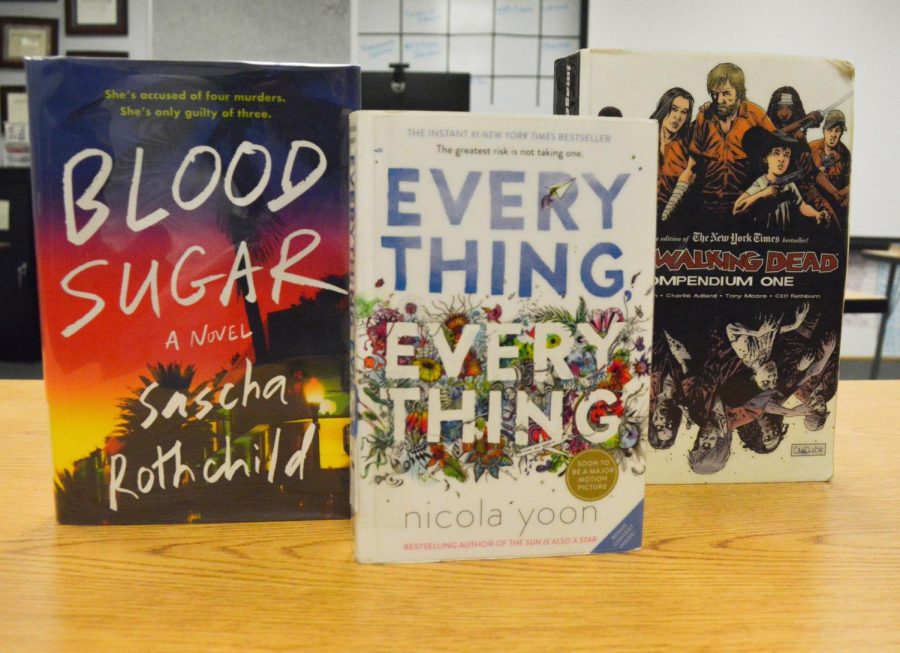



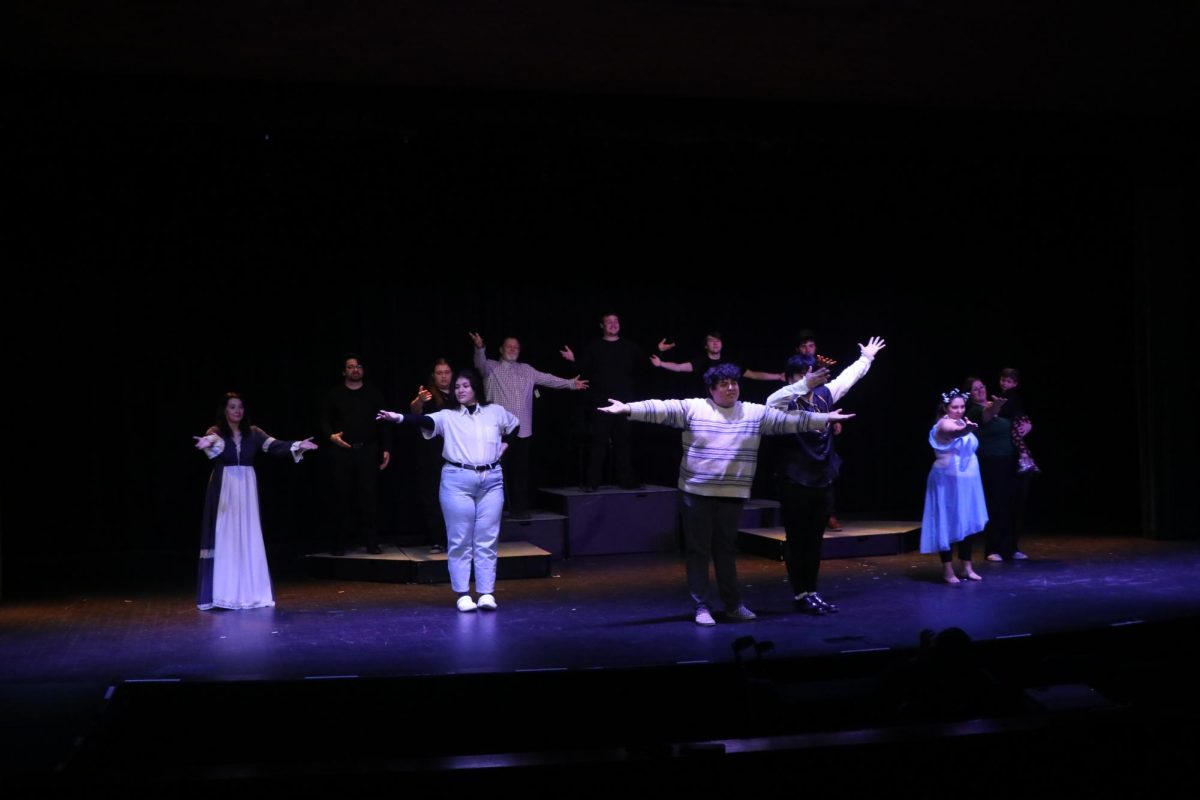




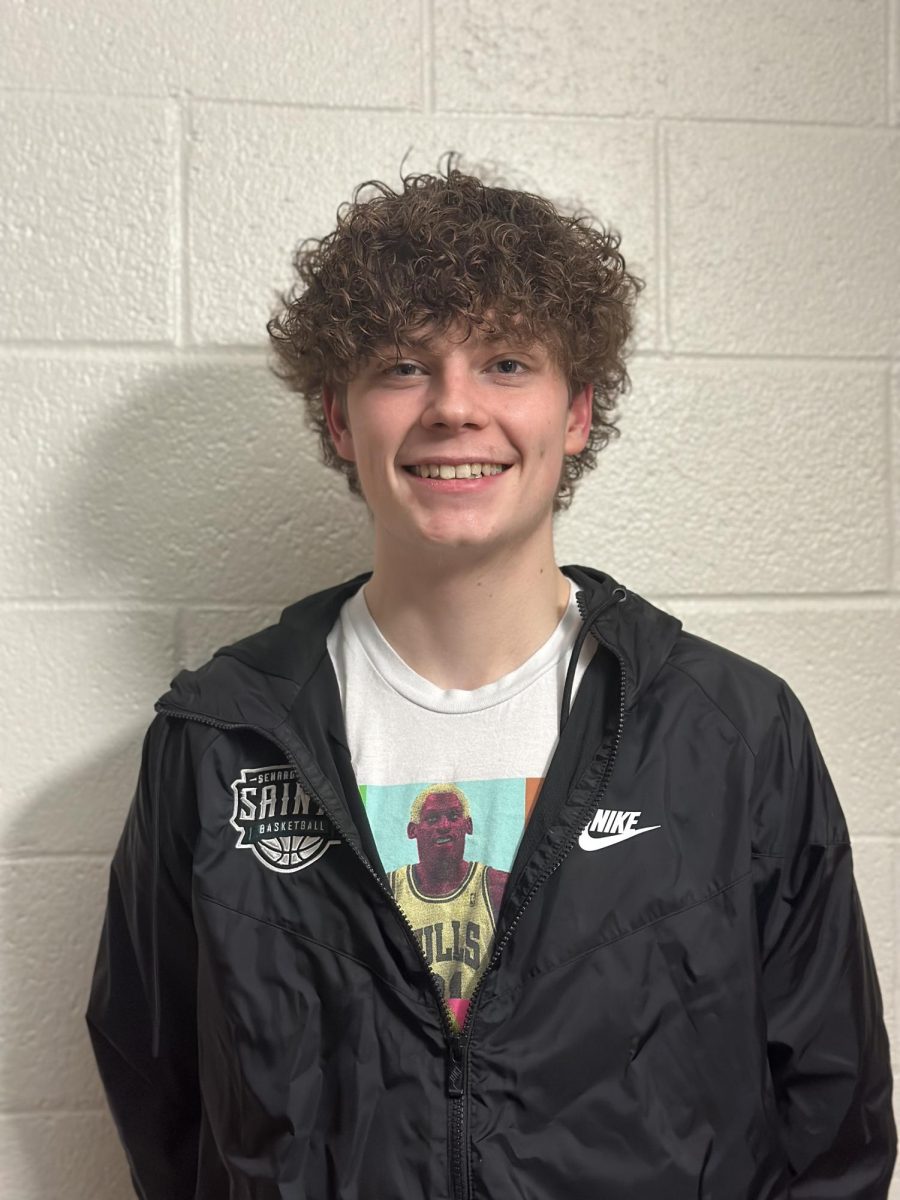
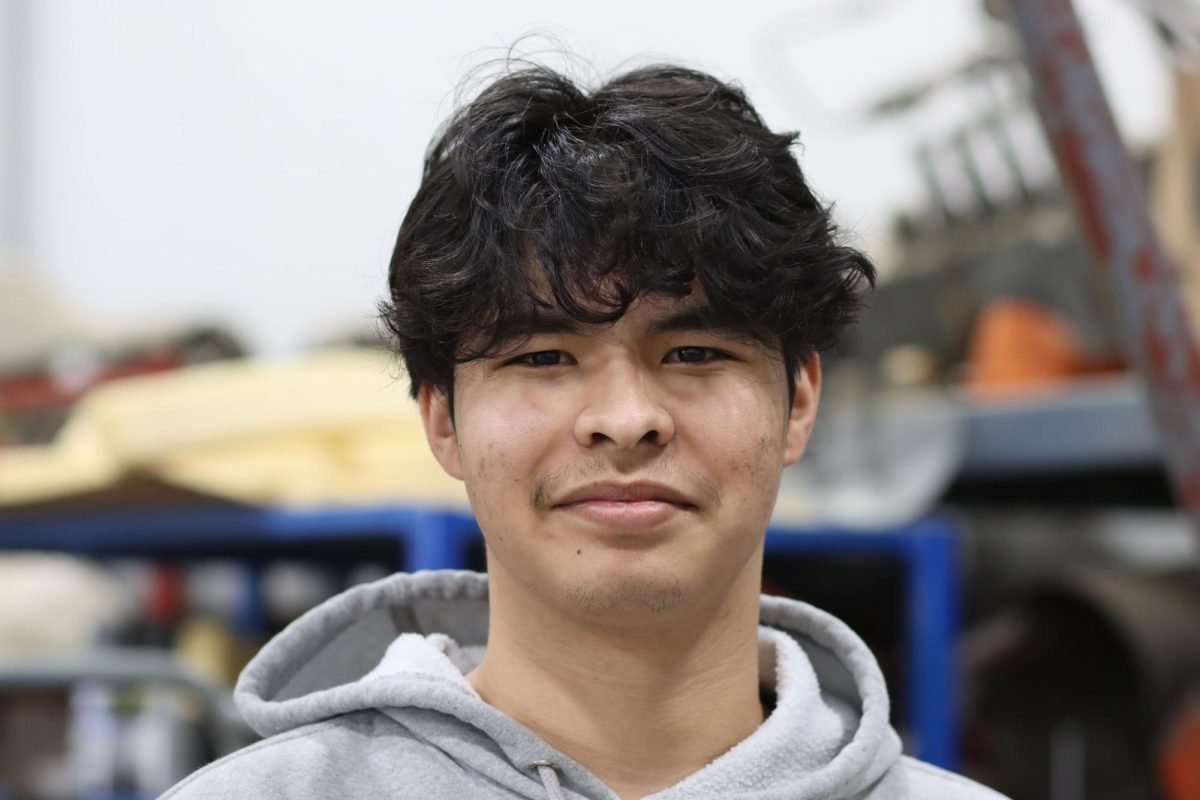
![Marcos Montoya takes a break from working on his personal health from working at the gym. He says “That’s [the gym] my second home, basically. I’m there more than I am at my own house.”](https://crusadernews.com/wp-content/uploads/2023/09/web1UpCloseMarcos1-1200x800.jpg)
